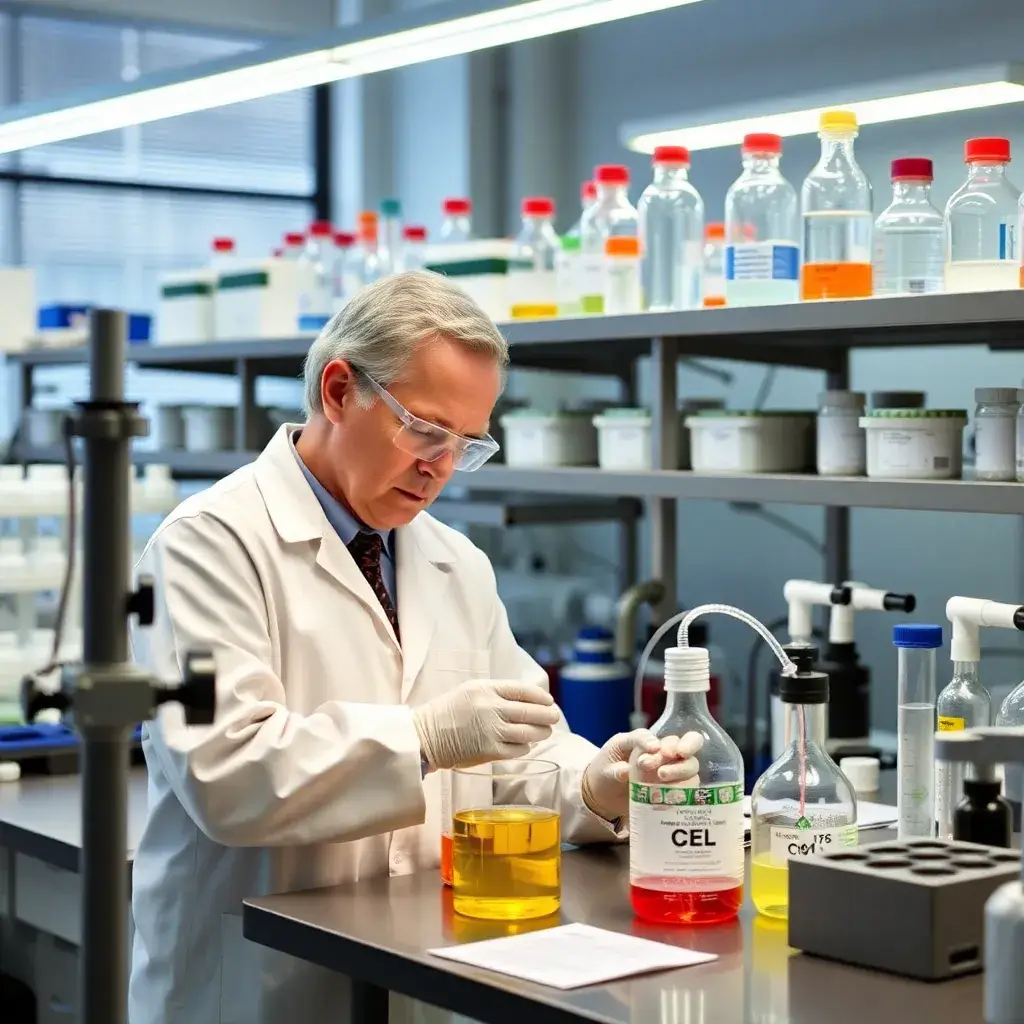
Regulatory Compliance
In the food industry, stringent regulatory standards are in place to ensure consumer safety and the quality control of food products and ingredients. These standards are shaped by both local requirements and international regulations, which aim to improve quality and efficiency in food production. Regulatory bodies are also influenced by consumer demand, as demonstrated by public pressure to reduce salt and sugar levels in food products and encourage more sustainable food production practices. International standards, such as those from ISO, FDA, and USDA, help food producers meet legal requirements and maintain product safety. In regions where these standards are not followed, countries may have developed their own guidelines. A food safety management system compliant with ISO standards ensures the identification and control of potential food safety hazards across the entire food production process, benefiting industries throughout the food supply chain, consumers, and regulatory bodies.
Overview
Importance of Food Regulatory Compliance
Food regulatory compliance helps industries meet customer requirements, gain new customers, and supply safe food to local and global markets. It is responsible for risk management, safeguarding customers, compliance with complex legislation, and ensuring quality and safety throughout diverse supply chains. Food safety management programs enhance companies’ compliance with national and international regulatory frameworks, such as CODEX, while improving food safety culture and practices across geographies.
Food Safety Culture
Food safety culture is defined as the attitudes, benefits, practices, and values that demonstrate the importance of safety, quality, and product legality. An organization with clear prioritization from management, accessible and frequent training, and encouragement to its employees ensures commitment to making safe food.